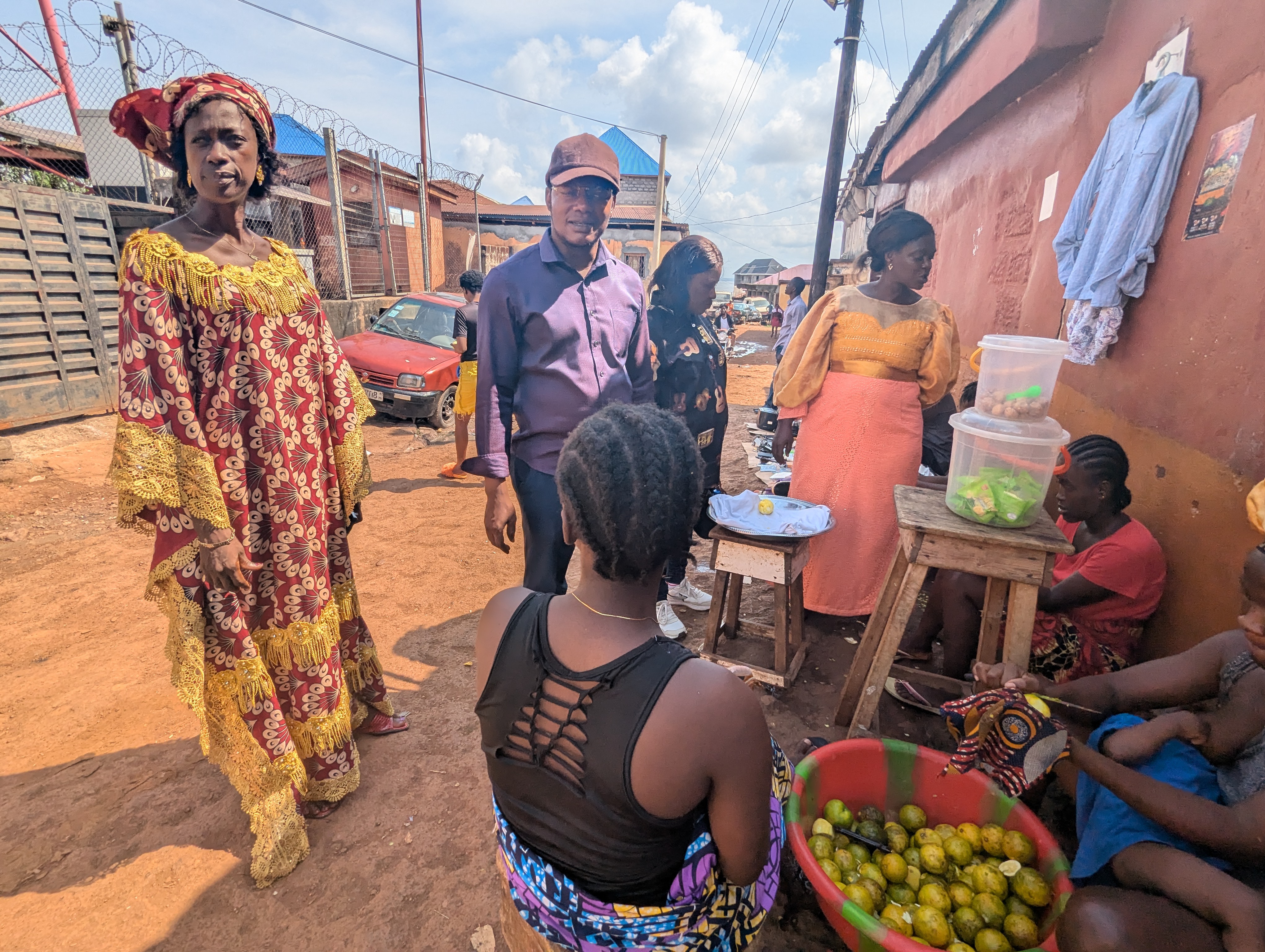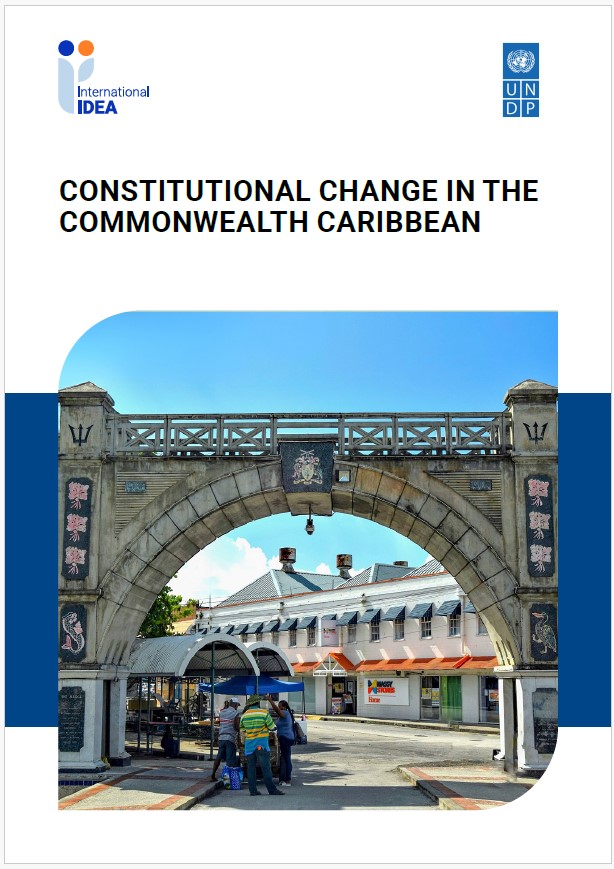Digital microtargeting—the use of personal data to isolate the interests, demographics and personal connections of voters—is increasingly used by political parties in election campaigns to influence the voting intentions of an electorate.
Search
Region
Country
Type
For the fifth time in Uruguayan history, simultaneous and open internal elections were held by the political parties last 30 June 2019, in keeping with the current legal framework for elections.
Este articulo se encuentra disponible en español.
El pasado 30 de junio se celebraron por quinta vez elecciones internas simultáneas y abiertas de los partidos políticos en la historia del Uruguay, de acuerdo a la normativa que rige en la actualidad en materia de procesos electorales.
This article is available in English.
Free, fair and trusted elections provide legitimacy to governments and ensure the genuine expression of the will of the people. Electoral justice guarantees electoral processes are conducted with integrity and that mechanisms exist to restore electoral integrity when it has been violated.
Abiy Ahmed's ambitious reform agenda cannot succeed unless the office of the Attorney General is depoliticised.
Disclaimer: Views expressed in this commentary are those of the staff member. This commentary is independent of specific national or political interests. Views expressed do not necessarily represent the institutional position of International IDEA, its Board of Advisers or its Council of Member States.
Today, electoral democracy is the global norm rather than the exception. It thus becomes incumbent that voters are aware of key facts: to make a well-informed decision on voting, as well as to follow steps that guarantee a valid vote. Thanks to wider access to media, informed voting has never been more possible, yet today we see it is in peril.
Information and communication technologies are increasingly prevalent in electoral management and democratic processes, even for countries without any form of electronic voting.
These technologies offer numerous new opportunities, but also new threats. Cybersecurity is currently one of the greatest electoral challenges. It involves a broad range of actors, including electoral management bodies, cybersecurity expert bodies and security agencies.
In order to ensure that young people are given the knowledge needed to participate in their democratic surroundings from an early age, International IDEA and its two national partners, Scholar Institute and Paññā Institute, are working on the development and implementation of a civic education curriculum geared towards students from ages 13-16 through the EU funded STEP Democracy programme.
In order to strengthen the performance of women candidates who will participate in the General Elections in Bolivia in 2019, women facilitators in different regions had a training on strategic knowledge to replicate this knowledge in as a broad manner as possible.
Este artículo está disponible en Español
Con el objetivo de fortalecer el desempeño de las candidatas que participarán en las elecciones generales en 2019, facilitadoras de los diversos departamentos de Bolivia tuvieron un espacio de formación en conocimientos estratégicos con miras a replicar esos conocimientos estratégicos de la manera más amplia posible.
Aclaración: Las opiniones expresadas en este artículo son exclusivas de su autor e independientes de intereses nacionales o políticos particulares. Además, estas opiniones no representan necesariamente la posición institucional de IDEA Internacional, su Junta de Asesores o su Consejo de Estados Miembros.
Disclaimer: Views expressed in this commentary are those of the staff member. This commentary is independent of specific national or political interests. Views expressed do not necessarily represent the institutional position of International IDEA, its Board of Advisers or its Council of Member States.
The AU needs to take action against the Guinean president's attempt to change the constitution and extend his rule.
After the success of the first Constitution Academy in 2018, International IDEA Myanmar held its second Constitution Academy last month. The programme took place in Pyin Oo Lwin from 27 May to 4 June 2019.
Coinciding with the release of the 15 case studies that accompany it, International IDEA presented the material from a new policy paper entitled “Timing and Sequencing of Transitional Elections” on 8 May 2019 at the UN Headquarters. The event was attended by colleagues from UN Bodies, Member State missions, and academia alike, to hear the panelists discuss how elections are affected by different types of transitions.
The weeks leading up to a major election are a frenzy of campaigning, speeches, and outreach events. Almost immediately after election day, however, the frenzy dissipates, and people forget about the results and carry on with their lives until the next round of campaigning begins.
El pasado 25 de junio, en la ciudad de Trinidad, capital del departamento de El Beni, Bolivia, se realizó el primer foro departamental ‘Visión Estratégica de Desarrollo del Beni’, organizado por el Comité Cívico departamental, con el apoyo de IDEA Internacional.
This article is available in English.
The First Regional Forum on a ‘Strategic Vision for Development in El Beni’ was held on 25 June 2019 in the city of Trinidad, the capital of the autonomous region of El Beni, and was organized by the regional civic committee, with the support of International IDEA.
Este artículo está disponible en Español.
The "Workshop for Exchange of Experiences on Network Information Monitoring" was held in the National Electoral Court of Argentina (CNE), with the collaboration of the Electoral Tribunal of Panama on 18 and 19 June 2019.
Este artículo está disponible en Español.
Los días 18 y 19 de Junio se llevó a cabo en la Cámara Nacional Electoral de Argentina el “Taller de Intercambio sobre Monitoreo de Información de Redes”, con la colaboración del Tribunal Electoral de Panamá.
This article is available in English.
Protesters are demanding change in Sudan and Algeria. But what are the prospects for meaningful reform?
Months of massive protests led to the presidents of both Algeria and Sudan being forced from office—and citizens from both countries are demanding radical change, including constitutional reform. Government and military officials in both countries have promised changes. But what are the prospects for meaningful reform?


